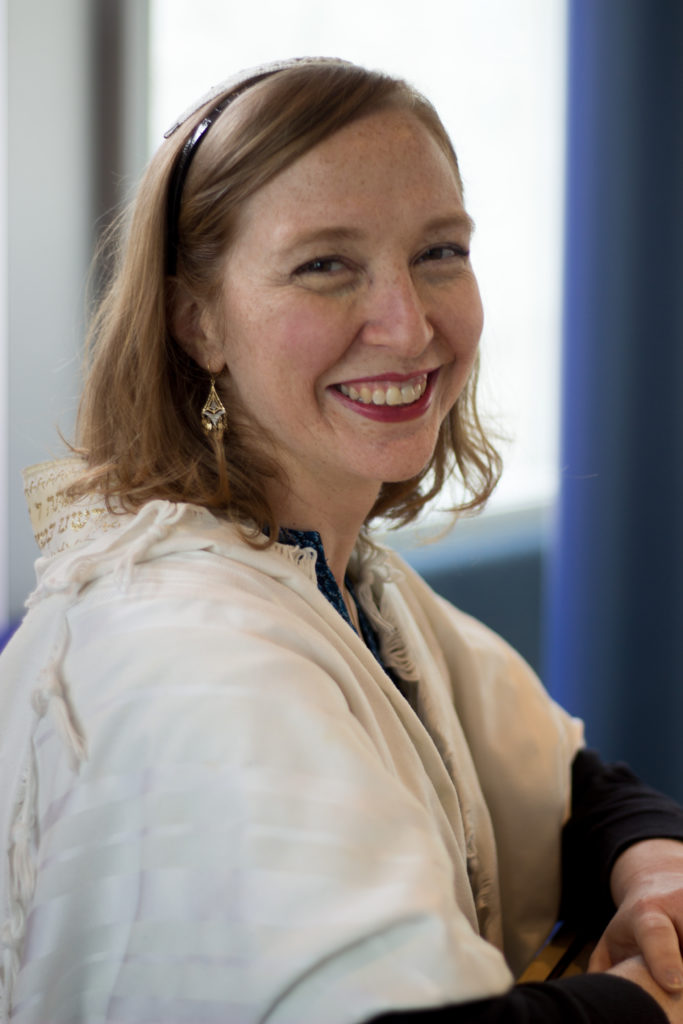I got a LinkedIn message from a colleague in the Muslim community on a Sunday morning four weeks ago. “Call me,” it said. I honestly thought for a second that his account had been hacked, it was such a short note. Thirty minutes later, I got an email from him addressed to me and several other rabbis in town.
I had just posted a statement I had helped write for the Toronto Board of Rabbis about Hamas’s massacre on October 7, calling on other faith leaders to condemn Hamas and to support Jewish communities during this difficult time. He was incredibly hurt, angry, and disappointed that it didn’t mention anywhere the suffering of Palestinian civilians, now and throughout the last decades. He said it centered only on Jewish suffering.
I had a good hard sit about this letter. Did I get it so incredibly wrong? Did I have such a blind spot that someone I respected could be so angered by what I thought was a level statement? I turned it over and over in my heart, letting the feelings do their work. I had counterarguments going at all angles. I thought about all the statements I had been reading, not just the horrifying ones seeming to celebrate Hamas’s massacre but also the tepid ones that didn’t even mention Jews or the mass murders.
At some point in the early evening, something softened in me. As I turned over each of my colleague’s points in his email, I began to realize that they affected me precisely because I felt the same exact way. It was like looking in a mirror. Our hurts were the same hurts. Our sense of betrayal is the same sense of betrayal. We both were looking around and wondering, were these people ever truly on the same team with me? We both wanted acknowledgment. We both wanted nuance. We both wanted an end to the killing. We both wanted our children to grow up in a world of safety and being able to believe in the goodness of humanity.
This week’s Torah portion, Toldot, is about twins – Jacob and Esau. Rebekah favors Jacob, and Isaac favors Esau. Rebekah coaches Jacob to steal Esau’s birthright and then his blessing. I’ve always read it as a deep and painful tragedy: two brothers, twins, set against each other. The only thing that lets me get through this portion is what happens later: Jacob returns to his home and carefully, slowly approaches Esau with servants and gifts, bowing seven times before him, not knowing if Esau still wants to kill him for his betrayal. But they embrace, they kiss, and they weep. And when Isaac eventually dies, the Torah tells us: “They buried him, his sons Esau and Jacob” (Genesis 35:15). Together.
I don’t know what the journey holds in the weeks ahead. But I am committing to seeking out my twins in this, to looking each other in the eye and seeing each other’s pain. Not because it’s easy; but rather because it’s hard. It doesn’t feel like much, sometimes, but it’s what I can do.

Rabbi Julia Appel is Clal’s Senior Director of Innovation, helping Jewish professionals and lay leaders revitalize their communities by serving their people better. She is passionate about creating Jewish community that meets the challenges of the 21st century – in which Jewish identity is a choice, not an obligation. Her writing has been featured in such publications as The Forward, The Globe and Mail, and The Canadian Jewish News, among others.

